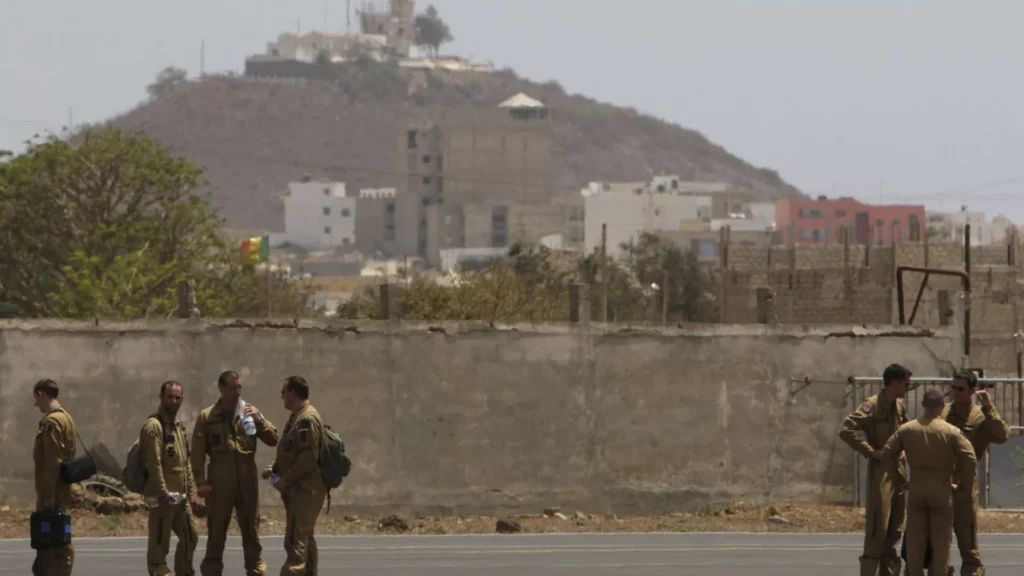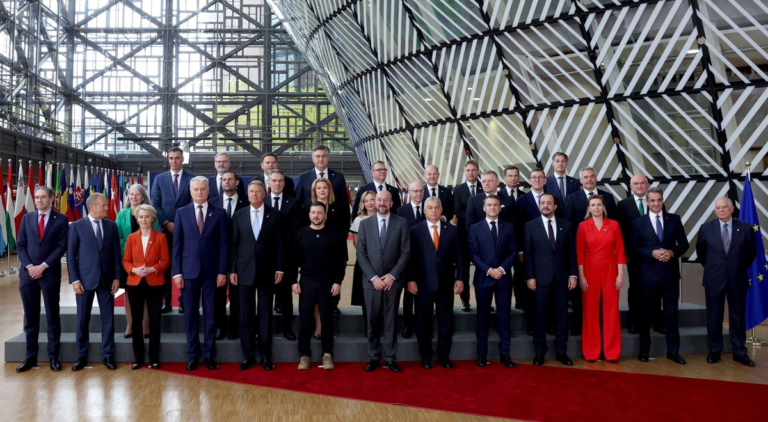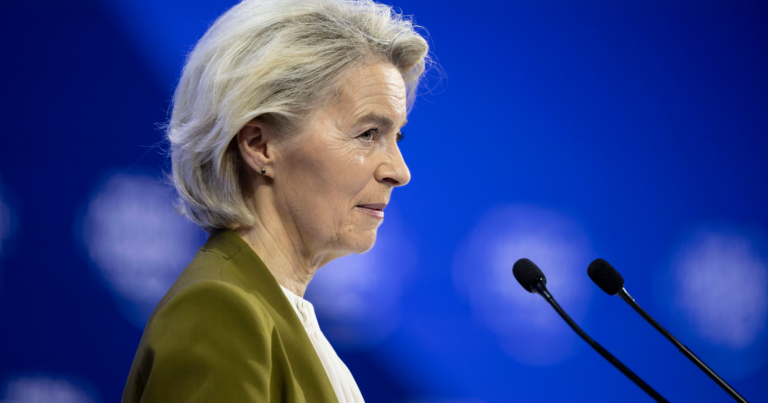France has initiated the process of withdrawing its military presence from Senegal, marking a significant shift in West African geopolitics. On March 7, 2025, the French government officially handed over control of two military bases located in the Maréchal and Saint-Exupéry districts of Dakar to Senegalese authorities.
The relationship between France and Senegal dates back to the 14th century, with French merchants establishing trading posts along the Senegalese coast. Over time, this evolved into a deeper colonial association, culminating in Senegal’s independence in 1960. Despite independence, France maintained a military presence in the country, symbolizing enduring ties between the two nations.
Senegal’s Sovereign Decision

(French Military in Senegal – Picture By agenzianova.com)
In November 2024, Senegalese President Bassirou Diomaye Faye issued a directive for all foreign troops to exit the country. This move reflects a broader regional sentiment advocating for national sovereignty and a reevaluation of foreign military influence. The directive led to the establishment of a joint commission between France and Senegal to oversee the coordinated withdrawal and transfer of military assets.
Regional Implications and France’s Strategic Shift
Senegal’s decision aligns with a growing trend among West African nations reassessing their military relationships with France. Countries such as Chad, Niger, and Burkina Faso have recently expelled French troops, signaling a regional shift towards autonomy and self-reliance in defense matters. In response, France has announced plans to significantly reduce its military footprint across the continent, transitioning to roles focused on defense training and targeted support based on individual country needs.

Copyright Rebecca Blackwell/Copyright 2024 The AP. All rights reserved.
The Path Forward
As France continues its withdrawal, Senegal is poised to take full control of its defense infrastructure, marking a new chapter in its post-colonial journey. This transition underscores the nation’s commitment to sovereignty and reflects a broader continental movement towards self-determination and reevaluation of foreign military partnerships.


